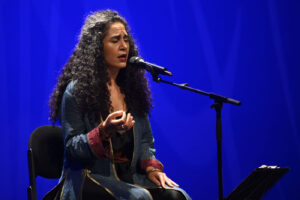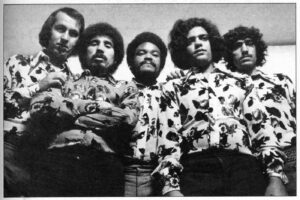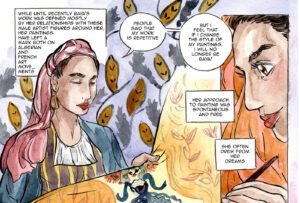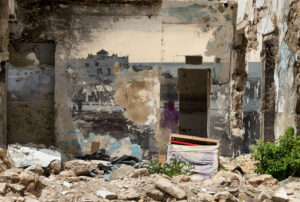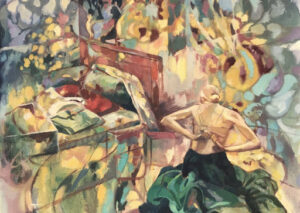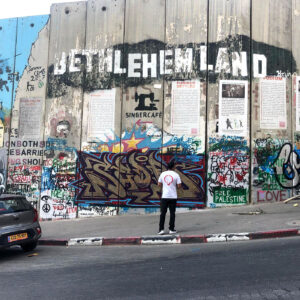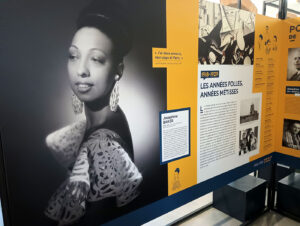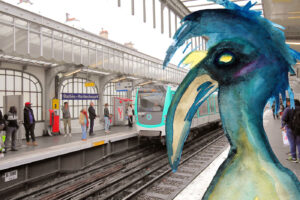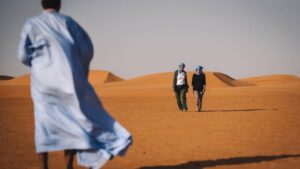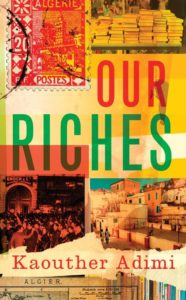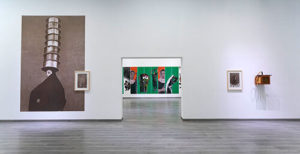The mechanical obligation to reveal one's origin at the start of each French conversation can be both laborious and uninteresting.
Identify yourself immediately.
“What’s your origin?” is how French people say hello to people that don’t look or sound like them.
“What’s your origin?” is how French people say you’re not from here and never will be.
“What’s your origin?” is how French people say: simplify yourself immediately!
Would they understand if we told them? That we come from the lands they colonized over and over again. Or maybe parts of us come from there. And other parts from another place they violated too. Do they even remember?“
“Et toi, c’est quoi ton origine?” This mechanical, meaningless question.
So colorless, unoriginal, and grating.
I’m from a place you’ll never understand.
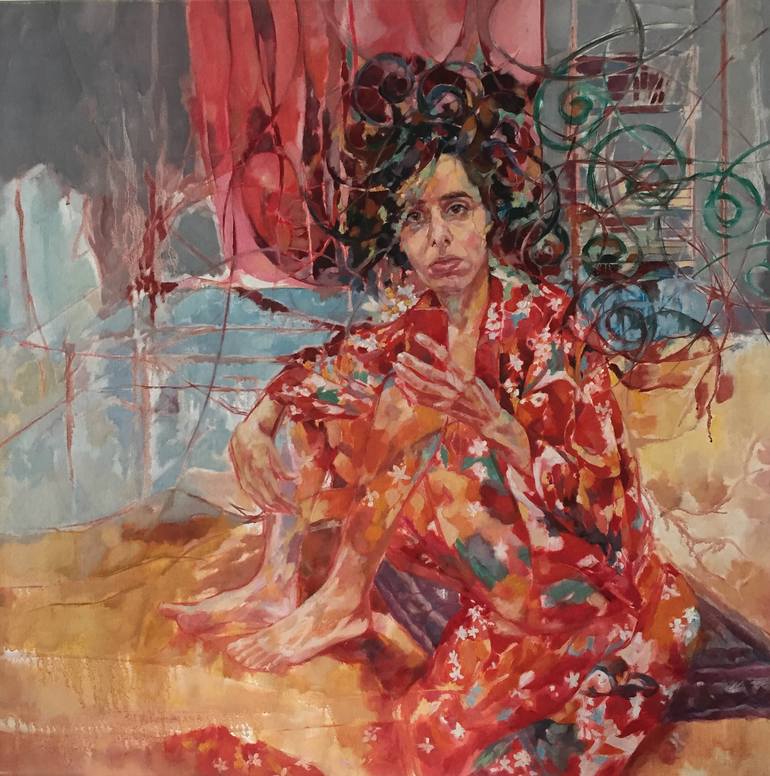
Context of “Identify yourself Immediately”
To be non-French in France ultimately means facing the challenge of the French insisting at the start of every conversation to know where you originate, so they can put you in a box … and you/we/I, being unable to simply explain where we’re from because of the complexities that form the webs of our individual identities.
Socially, it’s certainly one of the most fascinating and frustrating observations I’ve made (and lived). In France, identity is not as fluid as someone of a non-European background might be used to. People of the SWANA countries have experienced centuries of migration, colonializm and post colonializm, emigration and immigration, diaspora and homeland, changing borders, marriages across families that get divided by new borders and so on.
Many years ago I remember when the term “Third culture kids (TCK) or third culture individuals (TCI)” entered the cultural zeitgeist to describe those of us who were raised in a culture other than that of our parents’ or places of ethnic origin, or cultures of our nationality. TCIs, both adults and children, have lived in different environments in our formative years and are exposed to greater cultural influences. The term finally gave a label to first and second generation diaspora kids growing up between cultures and places. Thinking about these terms now however only frames the fact there’s immense complexity in shaping who we are and how we identify.
But in France, complexity is avoided and dismissed. “What’s your origin?” is the simple, common, socially accepted conversation starter. To many of us hearing this mechanical question is not just exhausting, it’s colorless, unoriginal, and, frankly, boring.



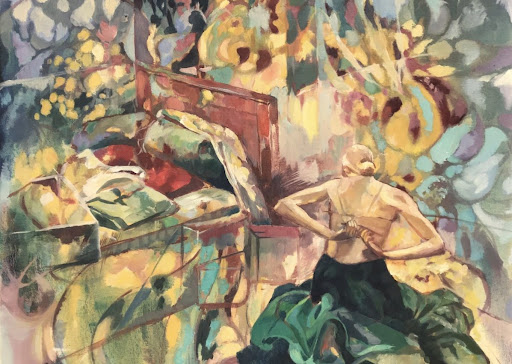
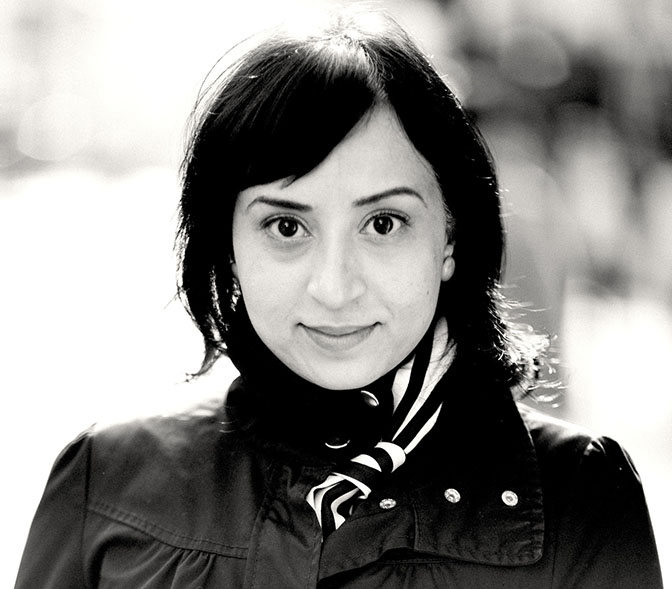
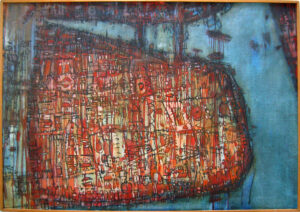
![Ali Cherri’s show at Marseille’s [mac] Is Watching You](https://themarkaz.org/wp-content/uploads/2025/09/Ali-Cherri-22Les-Veilleurs22-at-the-mac-Musee-dart-contemporain-de-Marseille-photo-Gregoire-Edouard-Ville-de-Marseille-300x200.jpg)
